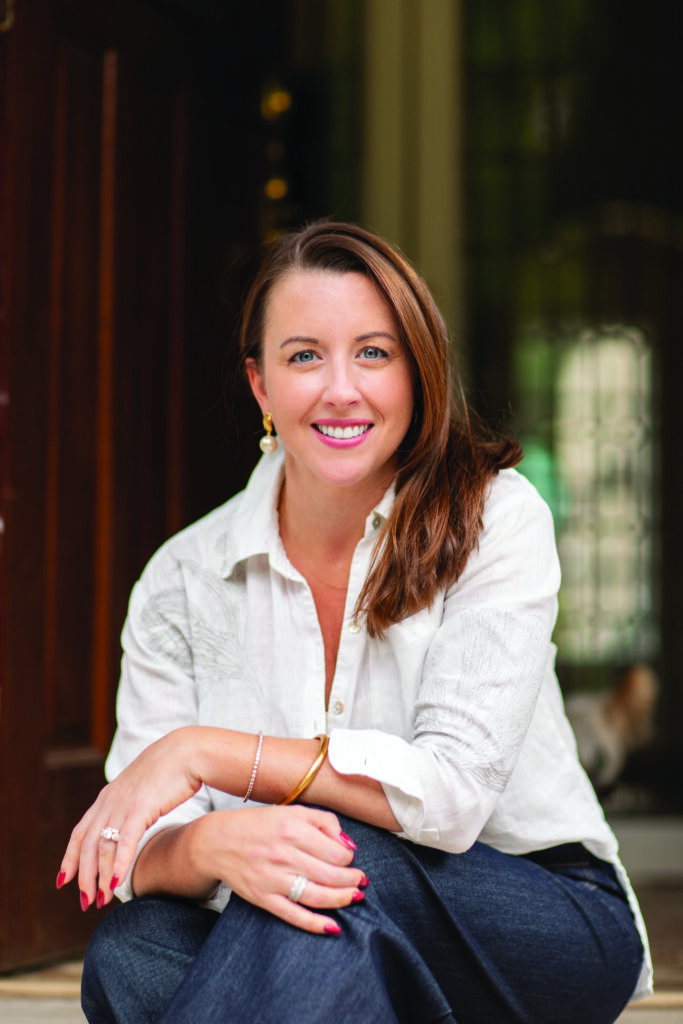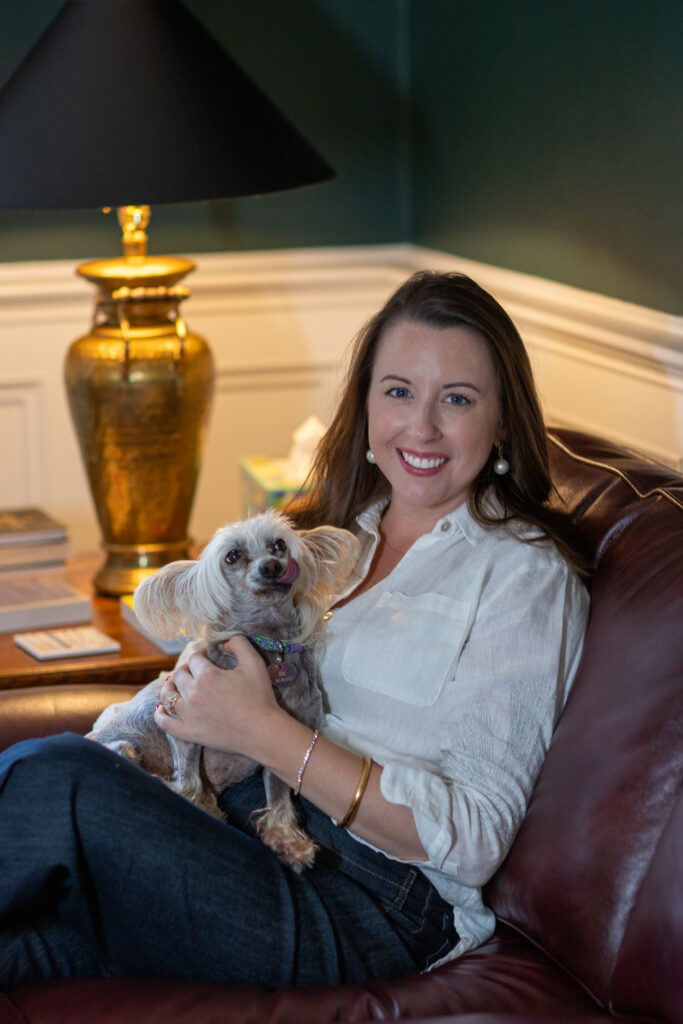

Karen Skuse founded Webber CPA in 2015 as a niche forensic accounting firm.
The firm focused on helping government agencies, like law enforcement and Adult Protective Services (APS), respond to investigations of financial abuse against older adults. As awareness grew of financial abuse across the country, so did Webber.
“More and more cases came in, but funding allocated to the work stayed the same. I had to find a way to leverage technology to keep up with demand. Tale as old as time, right?” says Skuse.
“Existing tools couldn’t do what I needed them to do, and I began kicking the tires on what it would take to actually build a tool myself.”
But launching a tech start-up would be vastly different from starting Webber—where she was the talent and her start-up costs were “a laptop and a couple software subscriptions.” She would not be the talent with this venture; she’d need to hire for that.
So Skuse hired a Rochester Institute of Technology graduate to complete a feasibility study in 2020 to understand if the software could be built, on what timeline, and the potential costs associated.
Two years later, after working with a development team, the beta version of FraudFindr was ready. The tool is a cloud-based forensic accounting and financial investigation software that can be used by expert forensic accountants or individuals who need to investigate a single case, says Skuse. Users upload bank statements (subpoenaed records) and the software uses AI to analyze transaction data and flag suspicious activity—all processes that were manual in Skuse’s CPA practice.
After developing the software, she found herself facing some uncertainty. She had customers in the pipeline but no signed contracts; money wasn’t coming in yet, but it was going out.
“Newly divorced with little extra capital to keep bootstrapping, I had lined up three options: secure angel investors via convertible debt with the hope of scaling for venture capital investment, take on a strategic investor for fifty percent equity, or get acquired,” she says.
It was not an easy decision for Skuse. Though she feverishly read magazines like Entrepreneur and Inc. and dreamed about being a start-up founder, she realized that path would require more of her time and energy than she was willing to invest.
She also knew investors would want her focus solely on FraudFindr, which would mean giving up her CPA practice and the team she loved working with every day. Luckily, the Bonadio Group, a large CPA firm in Rochester rated one of the top forty CPA firms in the country, showed interest in acquiring the software and Webber CPA. That acquisition would move Skuse into the role of partner at the large firm, give her the opportunity to continue growing FraudFindr, and allow her to keep her staff. She signed on the dotted line in late 2022, the same week she went on her first date with her now husband. Her life course was shifting in a big way.
“[Moving forward with the acquisition] certainly wasn’t without trepidation, but I held on to the knowledge that a good leader knows when it’s time to step aside,” says the entrepreneur. “On the Webber CPA side, I couldn’t give my team any new skills and opportunities if my focus remained on FraudFindr. On the software side, my network was only so large, and a larger organization taking over meant broader exposure. We needed to level up.”
Joining Bonadio as partner was a significant shift; it meant rethinking how she worked. What Skuse enjoyed in her new role was coaching more staff and exploring new opportunities with other partners. What took some getting used to were the many levels of approval needed to make change with a large, successful organization like Bonadio. At Webber CPA, if Skuse had an idea, she could act on it immediately. She didn’t need to consult anyone else.
She worked as partner at the large firm for more than two years, and during that time, she got married and had a baby boy. Her son, Henry, was born earlier this year, and, in the weeks that followed his birth, Skuse and her husband had conversations about the meaning of success and of legacy.
“Professionally, I had made my mark. I was considered an expert on this type of elder abuse, [and] I contributed to the solution of a global problem by delivering this tool,” she says. “Did I want more? What did ‘more’ even look like? And did I want to spend these precious years trying to figure out what ‘more’ meant at the expense of time with my family? Absolutely not. Logically, the exit was a no-brainer. Emotionally, it was not.”
Handing over her resignation letter to focus on family was one of the toughest things she’s had to do, but she knew her first babies—Webber CPA and FraudFindr—were in good hands.
Skuse is calling this a “pause”; she knows she won’t stay home forever, but this is her “family-building era.” For now, she’s keeping her skills sharp by maintaining her CPA license and fraud examination credential. She’s also doing some work for her husband’s company and exploring some pro bono advisory positions.
For those sitting at their nine-to-five jobs with an idea that they just can’t shake, the entrepreneur says, “You don’t have to know it all.” She surely didn’t know anything about software when the idea came for FraudFindr. But she went forward and found her way with each step.
So how’s the pause going? And what does her definition of success look like today?
“There are weeks where a UPS return is still sitting on my kitchen counter and I’m like, ‘I don’t even work anymore, what is my excuse?’” says Skuse. “But Henry started swimming lessons … and our evening meals together are mostly slow and sweet because I’m not rushing back to a laptop in the other room. Are we happy, clean, and fed today? This is my new version of success.”
This article originally appeared in the November/December 2025 issue of (585).
Views: 417




